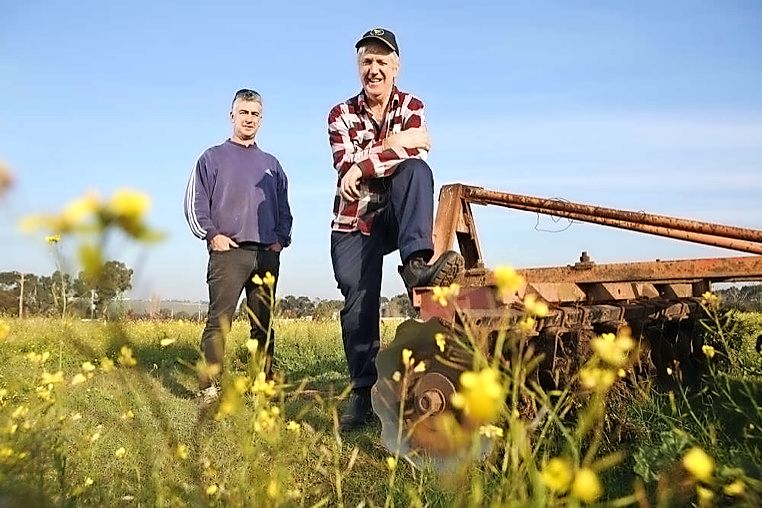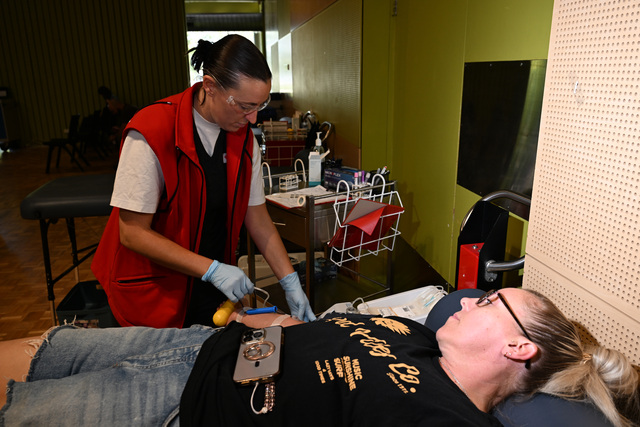But farmers looking for a “lifeline” say the recommendations don’t go far enough and want the land rezoned for residential use.
Land owners say for years they have raised concern about maintaining market gardens because of the cost of water, which has risen significantly since access to the Maribrynong River was restricted.
Patrick Senserrick, whose family has farmed the land since 1926, said the report’s suggestions were “nothing new”.
“It’s not a lifeline – it’s what the current planning requirements allow anyway.”
Brimbank council commissioned the report by Insight Planning Consultants to look into alternative uses for land south of the Maribyrnong River and north of the Calder Freeway.
The land is zoned green wedge and most of it is affected by the Melbourne Airport Environs Overlay, which limits subdivision.
The report states market gardening has largely ceased in the area and some areas on the river flats have become overgrown with weeds.
Consultation with landowners revealed they wanted to explore other uses for the land, especially residential, commercial or industrial.
Bobby Koroneos, whose grandfather bought into the area 78 years ago, said his family was frustrated with the planning restrictions, and they were not alone.
“We’re fighting a ridiculous policy that was well-founded 15 years ago but is now significantly flawed,” he said.
David Wallace, a Keilor North resident and president of the Victorian Vegetable Growers Association, said he was forced to convert his family’s vegetable farming business to a hydroponic one.
“Sadly, no one’s farming here any more because of the water issue,” he said.
“That’s what’s forcing people away. It’s too barren to have cattle. There’s not many options, especially with the airport.”
Dismay
RMIT University professor Michael Buxton said all of the report’s recommendations were “inappropriate” and he was dismayed at land owners’ calls to rezone the land.
Professor Buxton chaired the Green Wedge Working Party that advised the state government on the introduction of a fixed urban growth boundary.
“Landowners have to stop looking to urban uses when they can’t think of anything to do [with their land],” he said.
“Melbourne has at least 25 years of land supply left. Changes to the urban growth zone are not appropriate.”

















